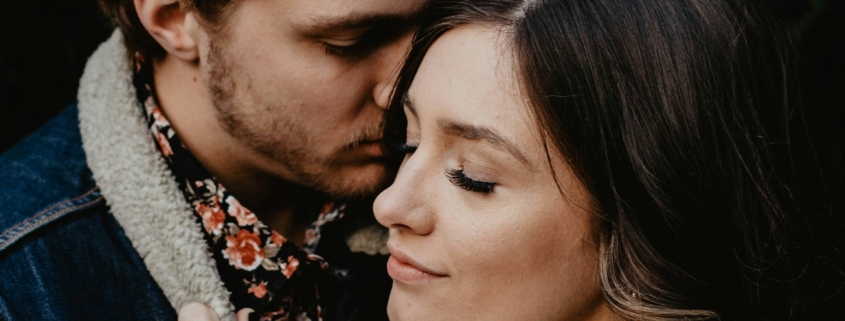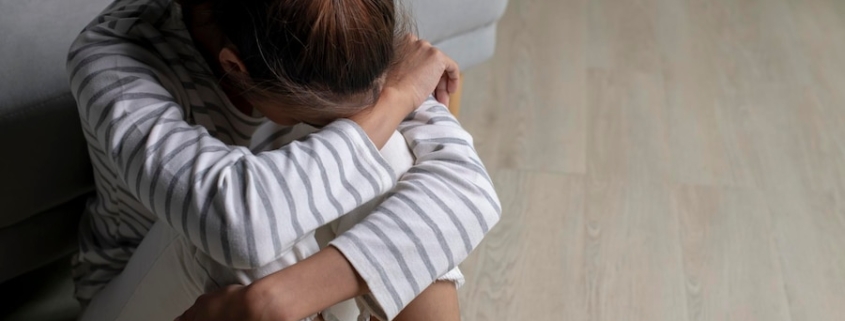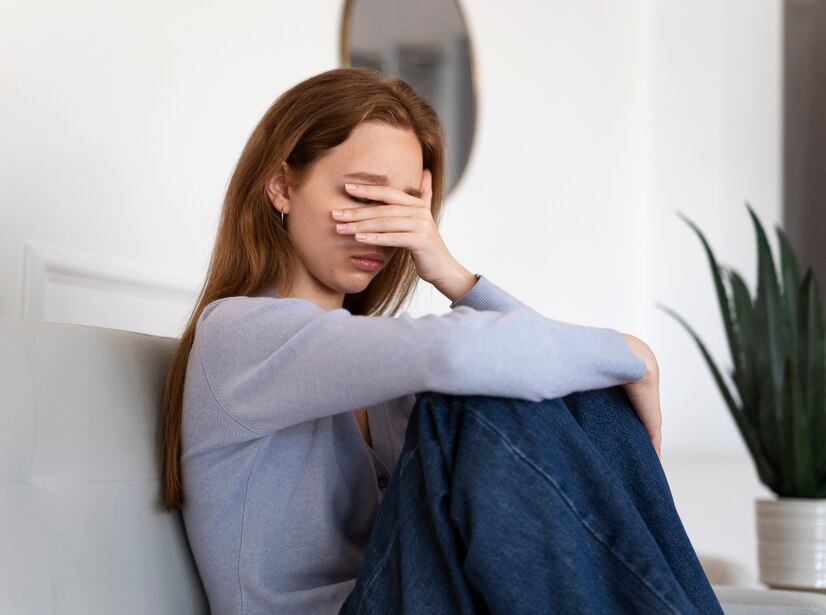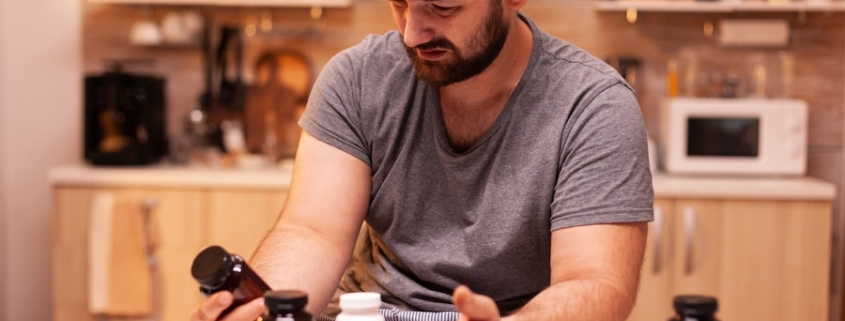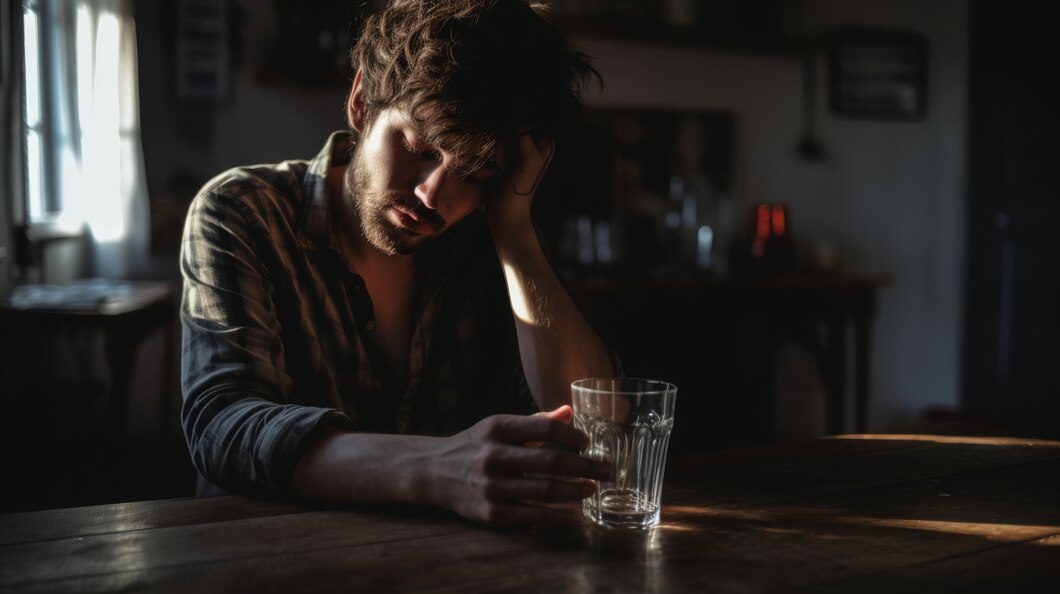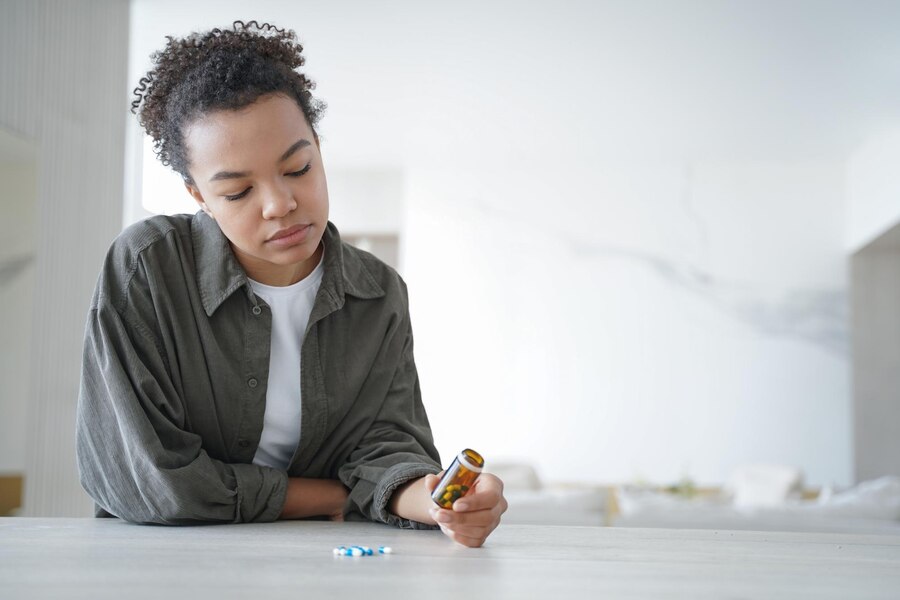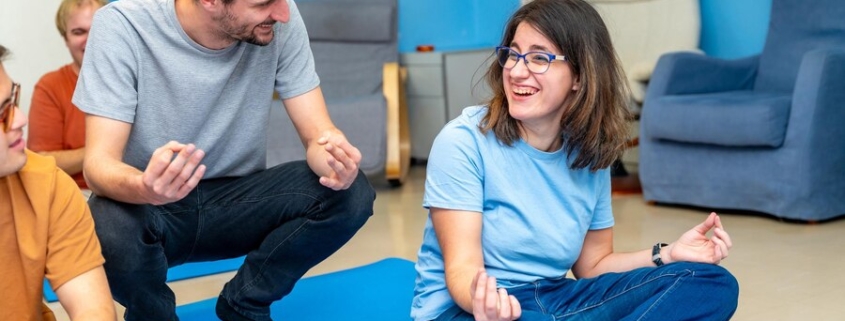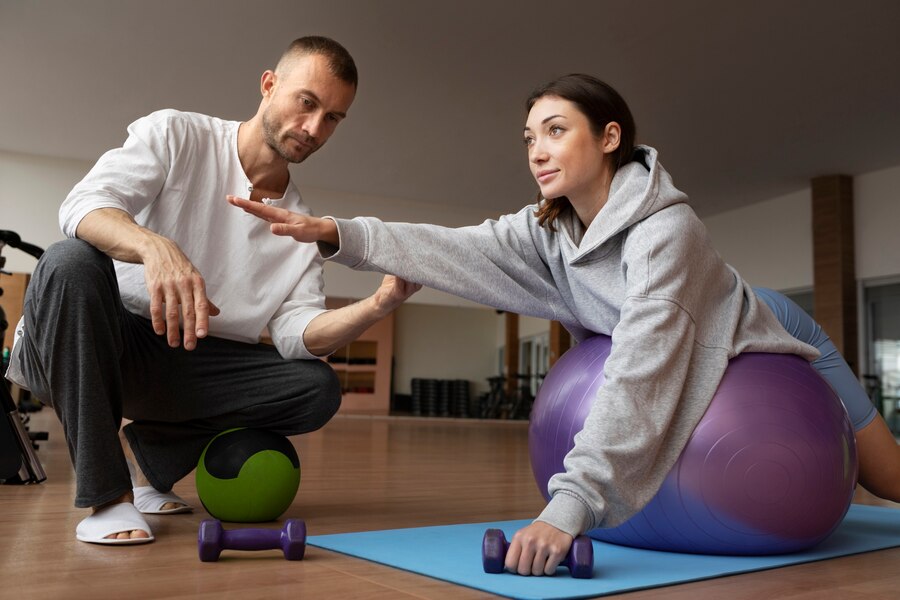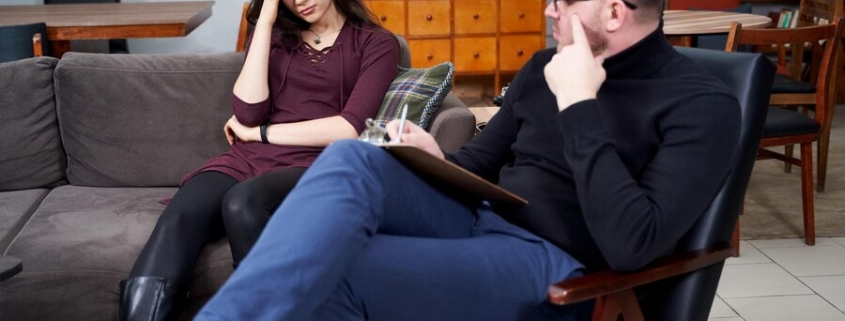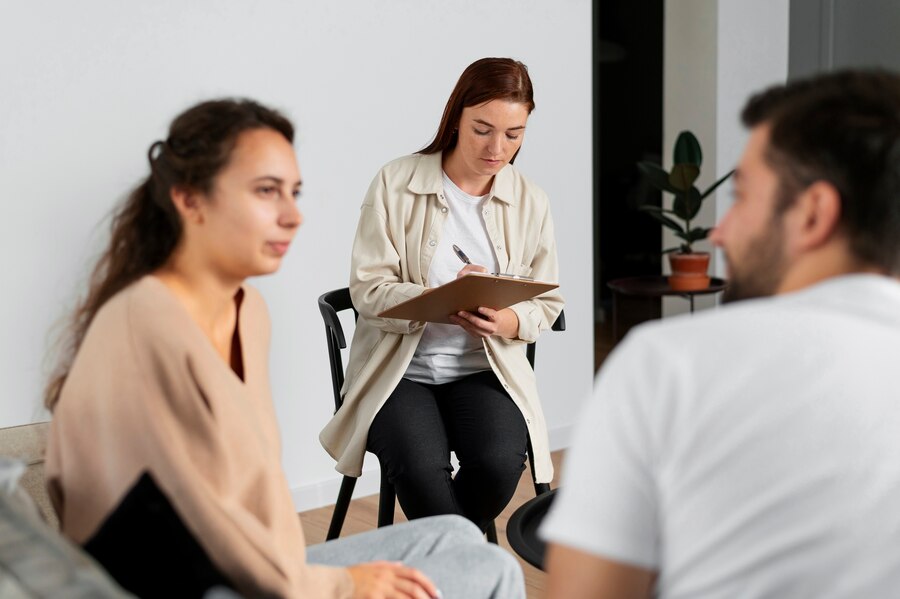Comprehensive Guide to Couples Rehab in Wayne County, Indiana
Wayne County, Indiana, offers various rehabilitation options for couples struggling with addiction. Finding the right couples rehab can be challenging, but it’s essential for achieving recovery and rebuilding a healthy relationship. This comprehensive guide aims to provide valuable information on couples rehab in Wayne County, Indiana, including the best facilities, services offered, and expert insights to help couples make informed decisions. Whether you’re searching for “couples rehab Indiana,” “rehabs for couples Wayne County, Indiana,” or “couples rehab centers Wayne County, Indiana,” this guide has you covered.
Addiction Treatment Virginia (888) 500-2110
Understanding Couples Rehab
What is Couples Rehab?
Couples rehab is a specialized form of addiction treatment designed to help partners overcome substance abuse issues together. This approach recognizes that addiction often affects both individuals in a relationship, and addressing the problem together can lead to better outcomes. In couples rehab, both partners receive therapy and support to understand the dynamics of their relationship and how it contributes to their addiction.
Benefits of Couples Rehab
- Mutual Support: Partners can provide emotional and psychological support to each other throughout the recovery process.
- Improved Communication: Therapy sessions focus on improving communication skills, which is crucial for maintaining a healthy relationship.
- Relapse Prevention: Couples learn strategies to avoid triggers and prevent relapse together.
- Strengthened Relationship: Working through addiction together can strengthen the bond and rebuild trust.
Top Couples Rehab Centers in Wayne County, Indiana
1. Richmond Comprehensive Treatment Center
Located in the heart of Wayne County, Richmond Comprehensive Treatment Center offers a range of services for couples seeking addiction treatment. The center provides personalized treatment plans, including medication-assisted treatment (MAT), individual and group therapy, and aftercare support.
Services Offered:
- Medication-Assisted Treatment (MAT)
- Individual and Group Therapy
- Family Counseling
- Relapse Prevention Programs
- Aftercare Support
2. Centerstone of Indiana
Centerstone of Indiana is a renowned rehab facility offering comprehensive treatment programs for couples. Their approach includes evidence-based therapies, holistic treatments, and support services to address the unique needs of each couple.
Services Offered:
- Detoxification Services
- Individual and Group Therapy
- Cognitive Behavioral Therapy (CBT)
- Dialectical Behavior Therapy (DBT)
- Holistic Therapies (Yoga, Meditation, etc.)
3. Meridian Health Services
Meridian Health Services provides specialized addiction treatment programs for couples, focusing on mental health and substance abuse issues. Their integrated approach ensures that both partners receive the care they need for a successful recovery.
Services Offered:
- Dual Diagnosis Treatment
- Individual and Couples Therapy
- Medication Management
- Peer Support Groups
- Life Skills Training
Expert Insights on Couples Rehab
The Importance of Addressing Relationship Dynamics
Dr. Emily Johnson, a licensed therapist specializing in addiction treatment, emphasizes the importance of addressing relationship dynamics in couples rehab. “Addiction often stems from or exacerbates existing issues within a relationship. By addressing these dynamics, couples can heal together and create a supportive environment for long-term recovery.”
The Role of Family in Recovery
John Smith, a certified addiction counselor, highlights the role of family in the recovery process. “Involving family members in therapy sessions can provide additional support and help couples rebuild their relationships with loved ones. Family therapy sessions are an integral part of many successful rehab programs.”
Actionable Tips for Choosing the Right Couples Rehab
1. Research and Compare Facilities
When searching for “couples rehab near me Wayne County, Indiana,” it’s essential to research and compare different facilities. Look for centers with positive reviews, accredited programs, and experienced staff. Visit their websites, read testimonials, and consider scheduling a tour to get a feel for the environment.
2. Check for Accreditation and Licensing
Ensure that the rehab center is accredited by reputable organizations such as the Commission on Accreditation of Rehabilitation Facilities (CARF) or the Joint Commission. Accreditation indicates that the facility meets high standards of care and adheres to best practices.
3. Consider the Treatment Approach
Different rehab centers may offer various treatment approaches, such as medication-assisted treatment (MAT), cognitive-behavioral therapy (CBT), or holistic therapies. Choose a center that aligns with your treatment preferences and addresses your specific needs.
4. Evaluate Aftercare Support
Recovery doesn’t end after completing a rehab program. Aftercare support is crucial for maintaining sobriety and preventing relapse. Look for facilities that offer comprehensive aftercare programs, including counseling, support groups, and follow-up services.
5. Verify Insurance Coverage
Rehab can be expensive, so it’s essential to verify your insurance coverage before choosing a facility. Contact your insurance provider to understand what services are covered and if there are any out-of-pocket expenses.
,” this guide has you covered.
Understanding Couples Rehab
What is Couples Rehab?
Couples rehab is a specialized form of addiction treatment designed to help partners overcome substance abuse issues together. This approach recognizes that addiction often affects both individuals in a relationship, and addressing the problem together can lead to better outcomes. In couples rehab, both partners receive therapy and support to understand the dynamics of their relationship and how it contributes to their addiction.
Benefits of Couples Rehab
- Mutual Support: Partners can provide emotional and psychological support to each other throughout the recovery process.
- Improved Communication: Therapy sessions focus on improving communication skills, which is crucial for maintaining a healthy relationship.
- Relapse Prevention: Couples learn strategies to avoid triggers and prevent relapse together.
- Strengthened Relationship: Working through addiction together can strengthen the bond and rebuild trust.
Expert Insights on Couples Rehab
The Importance of Addressing Relationship Dynamics
Dr. Emily Johnson, a licensed therapist specializing in addiction treatment, emphasizes the importance of addressing relationship dynamics in couples rehab. “Addiction often stems from or exacerbates existing issues within a relationship. By addressing these dynamics, couples can heal together and create a supportive environment for long-term recovery.”
The Role of Family in Recovery
John Smith, a certified addiction counselor, highlights the role of family in the recovery process. “Involving family members in therapy sessions can provide additional support and help couples rebuild their relationships with loved ones. Family therapy sessions are an integral part of many successful rehab programs.”
Actionable Tips for Choosing the Right Couples Rehab
1. Research and Compare Facilities
When searching for “couples rehab near me Wayne County, Indiana,” it’s essential to research and compare different facilities. Look for centers with positive reviews, accredited programs, and experienced staff. Visit their websites, read testimonials, and consider scheduling a tour to get a feel for the environment.
2. Check for Accreditation and Licensing
Ensure that the rehab center is accredited by reputable organizations such as the Commission on Accreditation of Rehabilitation Facilities (CARF) or the Joint Commission. Accreditation indicates that the facility meets high standards of care and adheres to best practices.
3. Consider the Treatment Approach
Different rehab centers may offer various treatment approaches, such as medication-assisted treatment (MAT), cognitive-behavioral therapy (CBT), or holistic therapies. Choose a center that aligns with your treatment preferences and addresses your specific needs.
4. Evaluate Aftercare Support
Recovery doesn’t end after completing a rehab program. Aftercare support is crucial for maintaining sobriety and preventing relapse. Look for facilities that offer comprehensive aftercare programs, including counseling, support groups, and follow-up services.
5. Verify Insurance Coverage
Rehab can be expensive, so it’s essential to verify your insurance coverage before choosing a facility. Contact your insurance provider to understand what services are covered and if there are any out-of-pocket expenses.
City, County, and State Resources
Wayne County Government Resources
- Wayne County Health Department
- Provides information on local health services, including addiction treatment and mental health resources.
- Wayne County Health Department
- Wayne County Mental Health Services
- Offers mental health services and support for individuals and families dealing with addiction.
- Wayne County Mental Health Services
State of Indiana Resources
- Indiana Division of Mental Health and Addiction (DMHA)
- Provides statewide resources and information on mental health and addiction services.
- Indiana DMHA
- Indiana Family and Social Services Administration (FSSA)
- Offers a range of services related to addiction treatment, mental health support, and family services.
- Indiana FSSA
- Indiana 211
- A comprehensive resource for locating addiction treatment and mental health services throughout Indiana.
- Indiana 211
National Resources
- Substance Abuse and Mental Health Services Administration (SAMHSA)
- Provides national resources, treatment locators, and information on addiction and mental health services.
- SAMHSA
- National Institute on Drug Abuse (NIDA)
- Offers research-based information on drug abuse, treatment options, and resources for families.
- NIDA
- Centers for Disease Control and Prevention (CDC) – Substance Abuse
- Provides information on substance abuse prevention, treatment, and public health resources.
- CDC – Substance Abuse
Common Search Terms For Treatment
- couples rehab Wayne County, Indiana
- rehabs for couples Wayne County, Indiana
- couples drug rehab Wayne County, Indiana
- couples rehab near me Wayne County, Indiana
- couples rehab centers Wayne County, Indiana
- couples rehab facilities Wayne County, Indiana
- rehabs that accept couples Wayne County, Indiana
- inpatient drug rehab for couple Wayne County, Indiana
Get Help Now
Finding the right couples rehab in Wayne County, Indiana, is a crucial step towards recovery and rebuilding a healthy relationship. With numerous options available, it’s essential to research and compare facilities, consider the treatment approach, and evaluate aftercare support. By following the actionable tips provided in this guide and considering expert insights, couples can make informed decisions and embark on a successful recovery journey together.
If you or your partner are struggling with addiction, don’t hesitate to seek help. Reach out to one of the reputable couples rehab centers in Wayne County, Indiana, and take the first step towards a healthier, happier future.
Top 10 Questions About Couples Rehab in Wayne County, Indiana
1. What is couples rehab and how does it work?
Answer: Couples rehab is a form of addiction treatment designed specifically for partners who are both struggling with substance abuse. It involves joint therapy sessions, individual counseling, and tailored treatment plans that address both partners’ needs. The goal is to support each other through recovery, improve relationship dynamics, and build a healthier future together.
2. Are there specialized rehab centers for couples in Wayne County, Indiana?
Answer: Yes, there are specialized rehab centers in and around Wayne County, Indiana, that cater to couples. These centers offer programs designed to address the unique challenges faced by couples in recovery, providing a supportive environment where both partners can work on their individual and joint issues.
3. What types of therapies are used in couples rehab?
Answer: Couples rehab typically includes a combination of therapies such as individual counseling, couples therapy, cognitive-behavioral therapy (CBT), and group therapy. Some centers may also offer holistic therapies like yoga, meditation, and art therapy to help couples heal physically, emotionally, and mentally.
4. How can couples rehab improve our relationship?
Answer: Couples rehab can improve relationships by fostering better communication, rebuilding trust, and addressing underlying issues that contribute to substance abuse. Through joint therapy sessions, couples learn to support each other, develop healthier coping mechanisms, and create a solid foundation for a sober life together.
5. What should we look for in a couples rehab center in Wayne County, Indiana?
Answer: When looking for a couples rehab center in Wayne County, Indiana, consider factors such as accreditation, treatment approaches, success rates, aftercare programs, and the qualifications of the staff. It’s also important to read reviews and possibly visit the center to ensure it feels right for both partners.
6. Are there any inpatient rehab centers for couples in Wayne County, Indiana?
Answer: Yes, there are inpatient rehab centers in Wayne County, Indiana, that offer residential treatment programs for couples. Inpatient rehab provides a structured and immersive environment where couples can focus entirely on their recovery without outside distractions.
7. How long does couples rehab usually last?
Answer: The duration of couples rehab can vary depending on the severity of the addiction and the treatment plan. Typically, programs range from 30 to 90 days, but some may extend longer if necessary. It’s crucial to commit to the program for the recommended duration to achieve the best outcomes.
8. What is the success rate of couples rehab?
Answer: Success rates for couples rehab can vary widely depending on the program and the individuals involved. Generally, success rates improve when both partners are committed to the process, participate actively in therapy, and follow through with aftercare plans. Centers with comprehensive and personalized treatment plans tend to have higher success rates.
9. Will insurance cover the cost of couples rehab in Wayne County, Indiana?
Answer: Many insurance plans do cover the cost of couples rehab, but it’s important to check with your provider to understand the specifics of your coverage. Contact the rehab center directly to verify if they accept your insurance and what out-of-pocket costs might be involved.
10. What aftercare support is available for couples after rehab?
Answer: Aftercare support is crucial for maintaining sobriety after completing a rehab program. In Wayne County, Indiana, many rehab centers offer aftercare services such as ongoing counseling, support groups, relapse prevention programs, and sober living arrangements. These resources help couples transition back to daily life while continuing to support each other’s recovery journey.
References:
- Richmond Comprehensive Treatment Center
- Centerstone of Indiana
- Meridian Health Services
- Wayne County Health Department
- Wayne County Mental Health Services
- Indiana Division of Mental Health and Addiction (DMHA)
- Indiana Family and Social Services Administration (FSSA)
- Indiana 211
- Substance Abuse and Mental Health Services Administration (SAMHSA)
- National Institute on Drug Abuse (NIDA)
- Centers for Disease Control and Prevention (CDC) – Substance Abuse
For further information and resources, visit Couples Rehab.
The Indiana Commission to Combat Drug Abuse
Vision Statement
What is your Local Coordinating Council’s vision statement?
Vision: To promote, support, and encourage the prevention, education, treatment and law
enforcement of substance abuse and substance abuse related issues including alcohol, tobacco
and other drugs.
Mission Statement
What is your Local Coordinating Council’s mission statement?
Mission Statement: Working together today to build a safer and drug-free community for
tomorrow.
Source: https://www.in.gov/cji/behavioral-health/files/Wayne-County-2023-CCP.pdf


